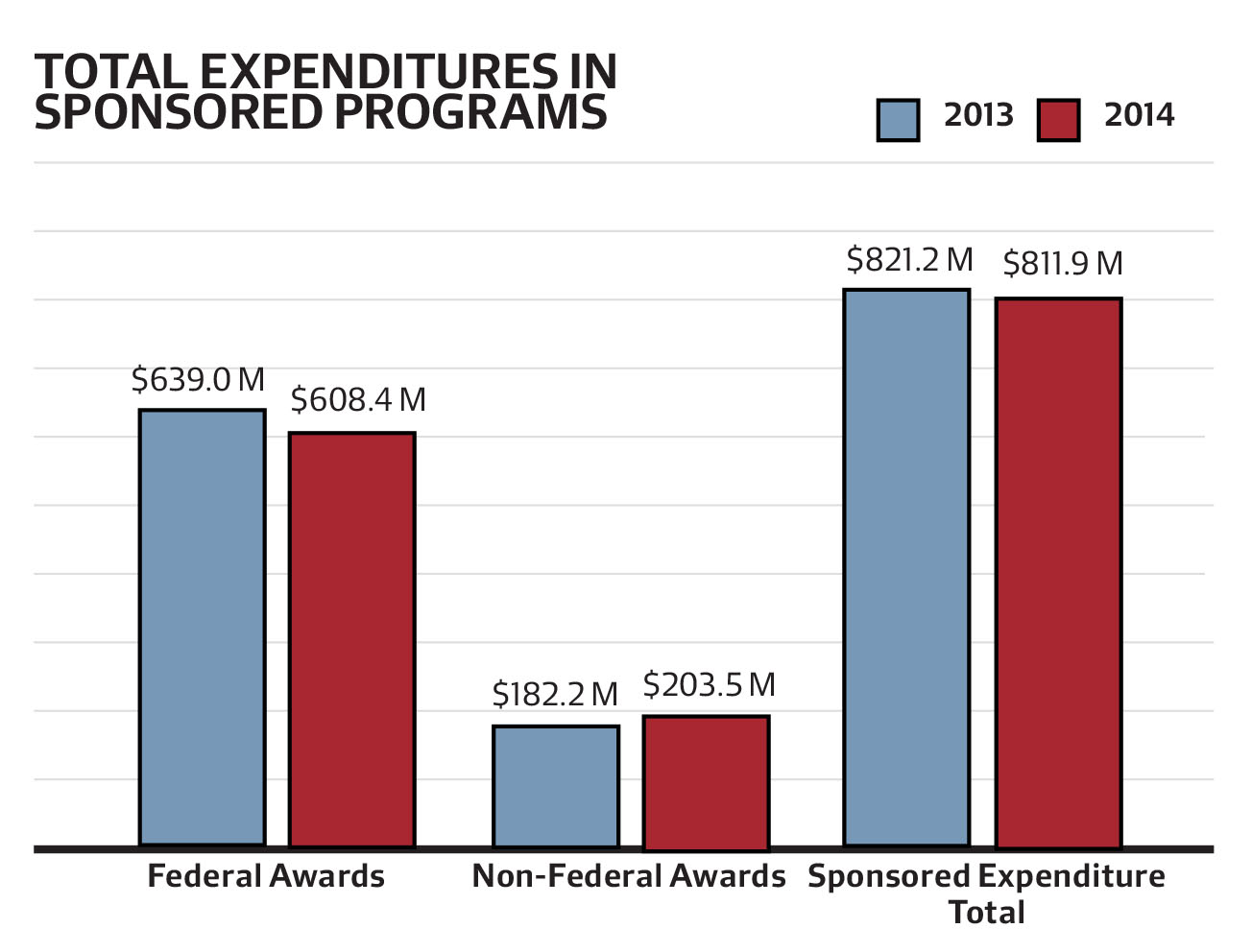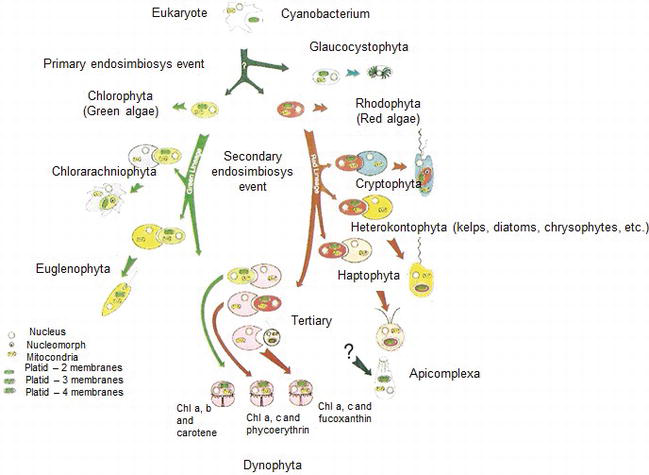The Harvard research funding crisis has sent shockwaves through the academic community, spotlighting the urgent need to address the implications of a sudden stop-work order imposed on significant projects. Following the rejection of demands from the Trump administration, Don Ingber, the founding director of the Wyss Institute for Biologically Inspired Engineering, found himself scrambling to protect essential initiatives worth millions in federal contracts. This crisis not only jeopardizes groundbreaking research but also threatens the employment of talented researchers and the innovative spirit that has long been a hallmark of American innovation. With millions at stake and a lawsuit filed to restore funding, the atmosphere surrounding Harvard’s research landscape is one of uncertainty and urgency. As faculty and researchers contend with halted projects, the future of many pioneering studies hangs in the balance.
In the aftermath of Harvard’s drastic funding dispute, the academic sphere faces a significant upheaval, characterized by a sudden halt in critical research efforts. Numerous scientists, including those affiliated with the Wyss Institute led by prominent figure Don Ingber, are grappling with the ramifications of a controversial stop-work order that threatens essential collaborations and advancements in the field of biologically inspired engineering. The tension stems from a refusal to comply with governmental demands, which has led to an unprecedented freeze on federal support, exacerbating anxieties around sustaining American innovation. This turmoil not only affects ongoing projects but also casts a shadow on the employment prospects for emerging researchers and the future trajectory of scientific discovery. As the situation evolves, the actions taken in response to this crisis will be pivotal in shaping the landscape of research funding at Harvard and beyond.
The Impact of the Harvard Research Funding Crisis
The recent halt in research funding at Harvard due to governmental demands has sparked significant concern within the academic community. As detailed by Don Ingber of the Wyss Institute, the repercussions of the stop-work orders are profound. Many ongoing projects, particularly those critical to health and technology advancements, face potential delays. For instance, Ingber’s organ-on-a-chip initiative, which has received over $19 million in contracts, is now at a standstill, threatening to derail vital research that could lead to breakthroughs in medical therapies and technologies. The urgency to navigate these challenges is palpable, as researchers scramble to pivot and maintain momentum despite the funding freeze.
Moreover, the consequences extend beyond the immediate research output. The anxiety and uncertainty permeating the academic environment have led to talent drain, as many researchers are seeking positions outside the U.S. The fear of instability is forcing scientists to reconsider their commitments and career trajectories, which poses a longer-term risk to American innovation. Ingber’s acknowledgment of this trend highlights the interconnectedness of funding, research stability, and the retention of top scientific talent in the United States.
The Role of the Wyss Institute in American Innovation
The Wyss Institute for Biologically Inspired Engineering has been at the forefront of merging biology with technology to address complex challenges. Under the leadership of Don Ingber, the institute has pioneered projects that not only advance scientific knowledge but also contribute significantly to practical applications in healthcare and environmental sustainability. For instance, the organ-on-a-chip research is integral not merely because of its innovative approach, but because of its potential to revolutionize drug testing and disease modeling, which are essential for modern medicine.
However, the Wyss Institute’s projects are now in jeopardy, facing the uncertainty that accompanies stop-work orders amid the funding crisis. This situation underlines a critical aspect of American innovation—an effective partnership between government and academic institutions. As Ingber points out, this collaboration has historically fueled technological advancements. Therefore, preserving the functionalities of institutions like the Wyss Institute is essential not only for immediate research output but also for future innovations that have the capacity to shape entire industries.
Future Prospects for American Scientists
As the current funding crisis unfolds, the future prospects for American scientists are becoming increasingly grim. The atmosphere of uncertainty surrounding research funding and the potential for abrupt policy changes deter many top researchers from considering positions in U.S. institutions. Ingber reports instances where promising candidates from Europe have rescinded their acceptance of positions at the Wyss, an alarming trend that could lead to a diminished scientific workforce. This brain drain has a compounding effect; lesser global interest in American academia can stifle innovation and hinder the scientific community’s competitiveness on the world stage.
Furthermore, the trends identified by Ingber highlight a growing concern among the scientific community regarding governmental policy decisions and their impact on research integrity. The repercussions of these trends extend to the vitality of American higher education institutions, which have historically been drawing talent from across the globe. Without intervention and a recommitment to the principles of collaboration, innovation can stall, and the U.S.’s position as a leader in scientific research may be at risk.
Challenges in Research During Funding Uncertainty
Research in any field confronts challenges, but these are exacerbated when funding is uncertain, as seen in the ongoing situation at Harvard. Faculty members and researchers like Don Ingber are caught in a conundrum—while they strive to uphold their ambitious projects, the reality of their funding situation weighs heavily on their ability. The immediate struggle of navigating stop-work orders results in not just halting projects but also in grappling with their implications for staff and resource allocation. Ingber’s insistence on prioritizing the people involved showcases his commitment to preserving talent, even amid adversity.
In addition to the emotional toll on researchers and students, the stop-work order means halting critical experimentation, which risks years of hard work and significant financial investment. Projects designed to address pressing health concerns are paused, and with them, the potential for developing essential therapies and medical technologies. These challenges illuminate the integral relationship between financial and research stability and the dynamic outputs of innovation that arise from well-supported scientific inquiries.
Protecting Talents Amidst Uncertainty
In light of the current funding crisis, protecting the talent within research institutions is paramount. Don Ingber’s proactive approach at the Wyss Institute embodies this protective instinct, as he seeks to find alternative opportunities for scientists and staff affected by the stop-work order. His commitment to facilitating transitions to other projects or securing internal funding showcases the institute’s emphasis on retaining skilled individuals, which ultimately preserves the institution’s long-term capabilities in innovation.
Moreover, the fear experienced by many researchers, particularly newcomers and international scientists, reflects broader uncertainties concerning the security and viability of pursuing a career in the U.S. academic landscape. Ingber’s attempts to reassure his team demonstrate an understanding of the psychological impact that funding insecurity holds. It is crucial for institutions to not only invest in their research output but also in the well-being and professional development of their staff. With the right support and resource allocation, the Wyss Institute could emerge resilient even from this crisis, paving the way for continued American innovation.
How Government Policies Affect Research Funding
Government policies wield significant influence over research funding, and the recent actions taken against Harvard have underscored this reality. As noted, with the freezing of $2.2 billion in funding, the landscape of academic research funding has changed abruptly, presenting challenges for institutions relying on federal support. The government’s stance has prompted institutions like Harvard to oppose its directives legally, indicating a robust defense of academic freedom and independence that researchers depend on to pursue their work.
The repercussions for American innovation are universal; when governmental policies threaten funding streams, the future of knowledge creation and technological advancement becomes precarious. Ingber’s concerns highlight that a thriving research ecosystem relies on stable and predictable funding mechanisms. To safeguard the innovation engine of the nation, policies need to encourage and support partnerships between government entities and educational institutions rather than undermining them.
Preserving Research Integrity in Times of Crisis
Maintaining research integrity during a crisis is a challenging yet essential endeavor. Don Ingber emphasizes the need to prioritize both the ongoing work and the people working within those projects. The impact of stopping or shrinking research efforts can have cascading effects, from lost data to undermined trust in research institutions. Ingber’s ability to navigate this challenging landscape relies not just on contingency planning but also on upholding the ethical standards and the integrity of the scientific inquiry at the Wyss Institute.
Moreover, the ethical obligations to research participants and the wider scientific community require careful management during uncertain times. Ensuring that research practices remain transparent and trustworthy builds credibility, essential for future funding opportunities and public support. As the Institute maneuvers through the challenges posed by the funding crisis, upholding research integrity will remain a cornerstone of its mission, ensuring that community trust is maintained regardless of external pressures.
The Importance of Collaboration in Scientific Research
Collaboration stands as the backbone of successful scientific research and innovation. Institutions like the Wyss Institute thrive on the synergy created when interdisciplinary teams come together to solve complex problems. Ingber’s work epitomizes this collaborative approach, fusing biology and engineering to address pressing health issues. The current funding crisis serves as a reminder that such partnerships are not only beneficial but necessary for fostering breakthroughs that lead to significant societal advancements.
In light of the increasing uncertainty in funding, reinforcing collaboration among governmental agencies, universities, and private sectors is crucial. Building a robust research ecosystem that encourages shared resources, mutual funding initiatives, and collective problem-solving can help cushion the impacts of funding instabilities. As Ingber noted, the interplay between governmental support and academic freedom is vital for nurturing American innovation. Only through alliances can the potential of science be fully realized, enabling researchers to transcend the challenges posed by financial restrictions.
Looking Ahead: Ensuring the Future of American Innovation
Looking towards the future, ensuring the continuity of American innovation requires a collective effort from all stakeholders involved in the research ecosystem. Institutions like the Wyss Institute are pivotal, and their ability to adapt and thrive amidst funding uncertainties will ultimately define the landscape of innovation in the next decade. Policy reforms that strengthen the partnership between government and academia should be prioritized to help restore a stable flow of funding and trust within the scientific community.
Moreover, a concerted effort to encourage investment in research and retain the best scientific minds is crucial. The current climate serves as a wake-up call; the importance of safeguarding the drivers of innovation shouldn’t be understated. Providing robust support and a stable funding framework will rejuvenate researcher confidence and amplify the contributions of American scientists to global progress. Sustaining innovation is not merely an academic goal; it is essential for the nation’s economic resilience and its position in the forefront of global science.
Frequently Asked Questions
What are the implications of the Harvard research funding crisis for projects at the Wyss Institute?
The Harvard research funding crisis, marked by the stop-work order affecting projects like Don Ingber’s organ-on-a-chip research, has significant implications for the Wyss Institute. It has led to the halting of key projects that contribute to advances in biologically inspired engineering, emphasizing the need for government funding to support innovations essential to American progress.
How has the stop-work order impacted researchers involved in Harvard’s innovative projects?
The stop-work order related to the Harvard research funding crisis has caused significant disruption for researchers at the Wyss Institute. Many talented individuals, including students and postdoctoral fellows, face uncertainties about their future roles as projects pause, making it crucial for the institute to explore alternate funding sources and placements to retain its talent pool.
What is Don Ingber’s perspective on the future of American innovation amid the Harvard research funding crisis?
Don Ingber’s perspective during the Harvard research funding crisis highlights a troubling trend. He stresses that the partnership between government and academia has historically driven American innovation. However, the recent funding cuts threaten this foundation, jeopardizing the future of pivotal research that fuels technological advancements.
Why is the biologically inspired engineering research critical during the Harvard research funding crisis?
During the Harvard research funding crisis, biologically inspired engineering research, like that conducted at the Wyss Institute, is critical for several reasons. It addresses urgent health needs, models responses to potential nuclear incidents, and contributes to advancements in fields like space exploration. The crisis underscores the importance of sustaining such research to maintain American leadership in innovation.
In what ways has the Harvard research funding crisis influenced the recruitment of international scientists?
The Harvard research funding crisis has negatively influenced the recruitment of international scientists to institutions like the Wyss Institute. Due to uncertainties and perceived instability in the U.S. research landscape, potential candidates are reconsidering opportunities, which may diminish the diversity of talent that fuels American innovation.
How does Harvard’s response to the stop-work order reflect broader issues in research funding?
Harvard’s response to the stop-work order, including filing a lawsuit against the government’s funding restrictions, reveals broader issues in research funding. It illustrates tensions between academic institutions and federal policies that could hinder progress in key areas of science and technology, ultimately affecting the entire landscape of American innovation.
What potential outcomes can arise from the ongoing litigation regarding the Harvard research funding crisis?
The ongoing litigation concerning the Harvard research funding crisis could result in the restoration of funding for critical projects, affecting thousands of researchers. A favorable outcome may reinforce the partnership between government and academia, while an unfavorable ruling could further jeopardize vital research initiatives essential to national interests and public health.
How does the halt of organ-on-a-chip projects exemplify the effects of the Harvard research funding crisis?
The halt of organ-on-a-chip projects exemplifies the effects of the Harvard research funding crisis, as these studies are pivotal for advancing medical research and public health. The stop-work order disrupts valuable work that employs innovative technologies crucial for understanding diseases and potential treatments, highlighting the stakes involved in federal funding decisions.
What steps are being taken by research teams at Harvard to navigate the funding crisis?
Research teams at Harvard are taking proactive steps to navigate the funding crisis, such as seeking internal funding, adjusting project priorities, and exploring opportunities to place researchers in other funded projects. These measures aim to minimize the impact of the funding freeze while maintaining a commitment to innovation and research progress.
| Key Points |
|---|
| Harvard researchers received a stop-work order after the government froze $2.2 billion in funding, impacting critical projects and teams. |
| The Wyss Institute’s organ-on-a-chip projects, led by Don Ingber, were particularly affected, with potential losses in ongoing research and work. |
| The funding freeze stems from Harvard’s refusal to comply with controversial government demands over university governance and policies. |
| Legal action ensued as Harvard filed a lawsuit against the administration, claiming the demands were unconstitutional and illegal. |
| Concerns about retaining talent and ongoing research are paramount, with strategies being developed to manage team relocations and internal funding. |
| The situation poses a broader threat to the U.S. innovation ecosystem, impacting the country’s ability to attract global scientific talent. |
| Ingber highlights the need for research supporting health and space exploration, which are jeopardized by the funding crisis. |
| The current crisis may deter future scientific talent from considering positions in the U.S., impacting long-term innovation. |
Summary
The Harvard research funding crisis has emerged as a pivotal issue for not only the institution but also the broader landscape of American scientific innovation. Following significant cutbacks imposed by the government, critical projects at Harvard are facing significant disruptions, and researchers are scrambling to protect their teams and research viability. The implications of this funding freeze threaten to stifle the creativity and talent that propels advancements in various fields, jeopardizing not just immediate research goals but also future economic growth and scientific leadership on the global stage.



